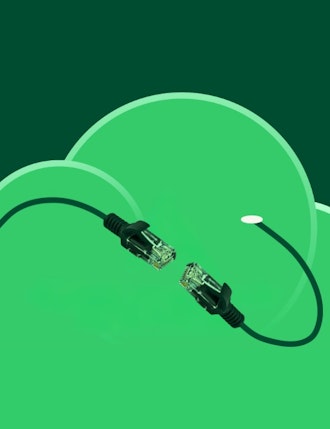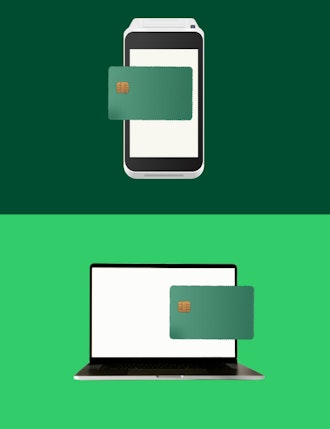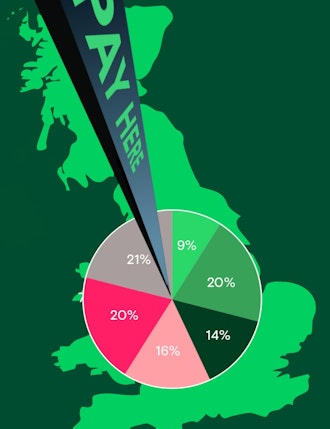In today’s world, point of sale (POS) technologies have become ubiquitous in various businesses, ranging from restaurants and cafes to retail stores and even online shops. A POS system is a combination of hardware and software designed to process transactions, manage inventory, and generate reports for business owners. Today, we will delve deeper into the components, types, and benefits of POS technology.
Components of a POS System
A POS system typically consists of three main components: hardware, software, and a payment processor. The hardware components include a cash register, barcode scanner, receipt printer, and a card reader. The software component is the backbone of the system, providing a user interface for transactions, inventory management, and reporting. The payment processor component ensures that the payments are processed securely and efficiently.
Types of POS Systems
There are various types of POS Systems available on the market, ranging from basic to advanced. The most common types of POS systems are traditional, mobile, self-service, all-in-one, and cloud based.
Traditional POS Systems: These are the most basic type of POS systems that are installed locally on a computer or a server. They need manual updates and backups, and often involve complex setups that require technical ability.
Mobile POS Systems: These are designed for businesses that require mobility, such as food trucks or pop-up shops. These systems allow businesses to process transactions on the go, using smartphones or tablets. Mobile POS systems are often cloud-based and offer the same POS system features as traditional and cloud-based systems.
Self-Service POS Systems: These systems allow customers to purchase items and complete transactions on their own, without the assistance of a cashier or sales rep. These systems typically consist of a touch screen interface, a barcode scanner or RFID reader, and a payment terminal, all of which are integrated into a single device. Customers can use the touch screen to select the items they want to buy, scan them with the barcode scanner or hold them up to the RFID reader, and then pay for their purchase using cash, credit/debit card, or mobile payments. Self-service POS technology is often used in retail stores, petrol stations, and other businesses where customers are frequently making small, routine purchases. They can help to reduce wait times, increase efficiency, and improve the overall customer experience.
All-in-one POS Systems: The complete package that combines all the necessary components of a point-of-sale system into a single device. It typically includes a touch screen interface, barcode scanner, receipt printer, and payment terminal. With an all-in-one POS system, businesses can streamline their operations, reduce clutter, and save space. Additionally, these systems are often more affordable and easier to set up than traditional POS systems that require separate hardware components. Thanks to their user-friendly interface and affordable pricing strategy all-in-one POS systems are well-suited for SMBs like tiny coffee stores and boutiques thanks to their user-friendly interface and affordable pricing strategy.
Cloud-Based POS Systems: Cloud-based POS systems are becoming increasingly popular due to their convenience and ease of use. These systems are hosted on remote servers and can be accessed via any internet-enabled device, such as a laptop or tablet. Cloud-based POS systems offer real-time updates and backups, making them more secure and reliable than traditional POS systems. There are several key features which help Cloud-Based POS Systems stand out:
- Accessibility: Cloud-based POS systems can be accessed from any device with an internet connection. This means that businesses can access their POS system from anywhere, allowing for greater flexibility and mobility.
- Real-Time Updates: Cloud-based POS systems offer real-time updates, ensuring that businesses always have access to the most up-to-date information about their sales and inventory.
- Automatic Backups: Cloud-based POS systems automatically backup data, reducing the risk of data loss due to system crashes or other technical issues.
- Cost-Effective: Cloud-based POS systems are often more cost-effective than traditional POS systems, as they require less hardware and software to run.
Want to take a deeper dive? Read more into Cloud-Based POS Systems here.
Benefits of a POS System
There are numerous benefits of using a POS system for businesses, including:
- Increased Efficiency: POS systems automate the sales process, reducing the time and effort needed to process transactions manually. This allows businesses to serve customers more efficiently and reduce waiting times.
- Improved Accuracy: POS systems reduce the risk of human error in transactions, as they can automatically calculate taxes, discounts, and other charges. This improves the accuracy of transactions and reduces the risk of disputes with customers.
- Enhanced Inventory Management: POS systems allow businesses to track inventory in real-time, making it easier to manage stock levels, reorder products, and reduce waste.
- Better Reporting: POS systems generate detailed reports on sales, inventory, and customer data, which can be used to make informed business decisions. These reports supply insights into business performance, trends, and customer behaviour, helping businesses to find areas for improvement.
When selecting a POS System to work for your business, specific needs must be considered. It’s important to choose a system that offers the features and functionality that are most important.
At Aevi, we are committed to helping our customers find the perfect POS system for their business needs. Our goal is to create a seamless customer experience in-store, whether it’s through mobile POS, smartPOS, or even a SoftPOS solution. We understand that implementing and integrating a new POS system can be a daunting task, which is why we are here to support our customers every step of the way.
Interested in reading more around this subject? Here are some useful articles…














